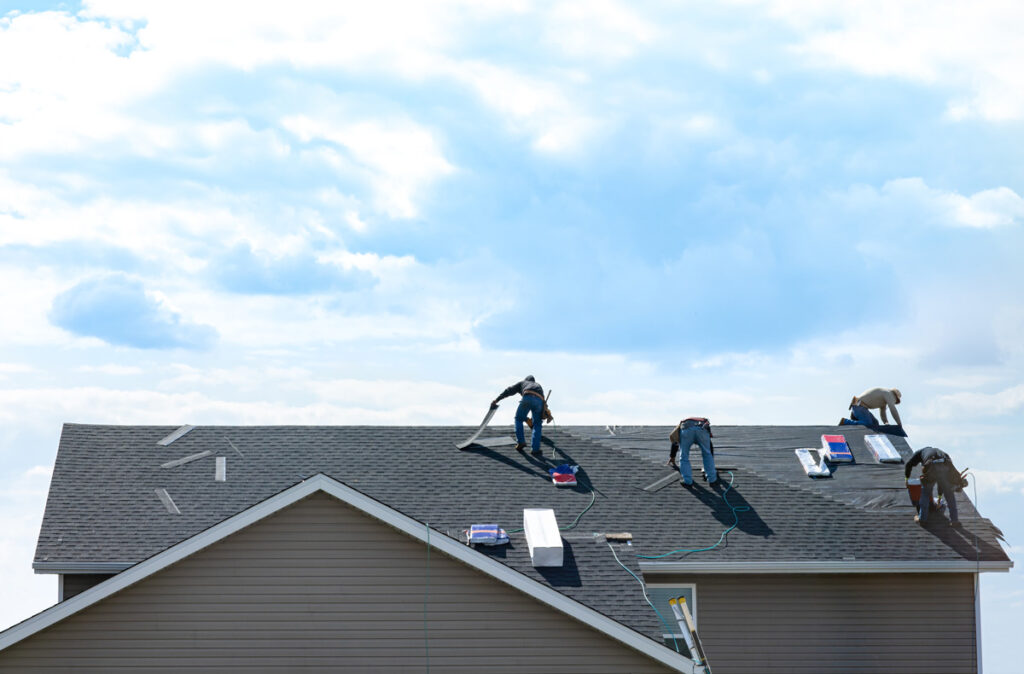Roof replacement is a necessary undertaking to maintain the integrity of your home and ensure its protection from the elements. However, one concern that often arises when considering a roof replacement is the noise level associated with the process. Understanding how loud roof replacement can be is crucial for homeowners to make informed decisions and prepare accordingly. In this article, we will explore the noise levels involved in roof replacement, factors that influence the noise, and ways to mitigate the impact on your daily life.

Decoding the Noise Levels of Roof Replacement
Roof replacement typically involves a range of activities, including removing the old roof, hammering nails, and installing new materials. These processes generate noise levels that can vary depending on factors such as the type of roofing material, the size of the project, and the techniques used by the roofing crew. It’s important to note that roof replacement noise is temporary and confined to the duration of the project.
Factors Influencing the Noise Level
Several factors can influence the noise level during roof replacement. Firstly, the roofing material plays a significant role. Some materials, such as metal or slate, tend to produce louder sounds when being installed compared to asphalt shingles. Additionally, the size of the project and the number of workers involved can impact the overall noise level. A larger project with more workers may generate more noise due to the simultaneous activities taking place.
Minimizing Noise Disturbance
While it is impossible to completely eliminate noise during roof replacement, there are steps homeowners can take to minimize the impact on their daily life. Communication with the roofing contractor is essential. Discussing the project timeline and working out a schedule that accommodates your needs, such as avoiding early morning or late evening work, can help reduce disruption. Additionally, using noise-cancelling headphones or playing white noise in your home can help drown out some of the noise.
Seeking Temporary Accommodations
In certain cases, the noise level during roof replacement may be too disruptive for homeowners, especially those with sensitive individuals or specific circumstances. If feasible, seeking temporary accommodations during the project’s duration can provide a peaceful environment for you and your family. Staying with family or friends, or renting a short-term accommodation, can offer a reprieve from the noise and allow you to continue with your daily routine uninterrupted.
Completion and Enjoying the Benefits
Once the roof replacement is completed, you can enjoy the long-term benefits it brings, such as improved protection and increased property value. The temporary inconvenience of noise during the process will fade away, and you can revel in the peace of mind that comes with a new, reliable roof. Remember, roof replacement is an investment in the future of your home, and the short-term noise is a small price to pay for the long-term benefits.
Conclusion:
Understanding the noise levels associated with loud roof replacement is crucial for homeowners preparing for this necessary project. While the process can generate noise, it is temporary and confined to the duration of the project. By considering factors influencing the noise level, communicating with your roofing contractor, and exploring options like temporary accommodations, you can minimize the impact on your daily life. Keep in mind that the end result is a sturdy and reliable roof that provides protection and enhances the value of your home. Embrace the process, mitigate the noise, and enjoy the benefits of a new roof.



Leave a Reply